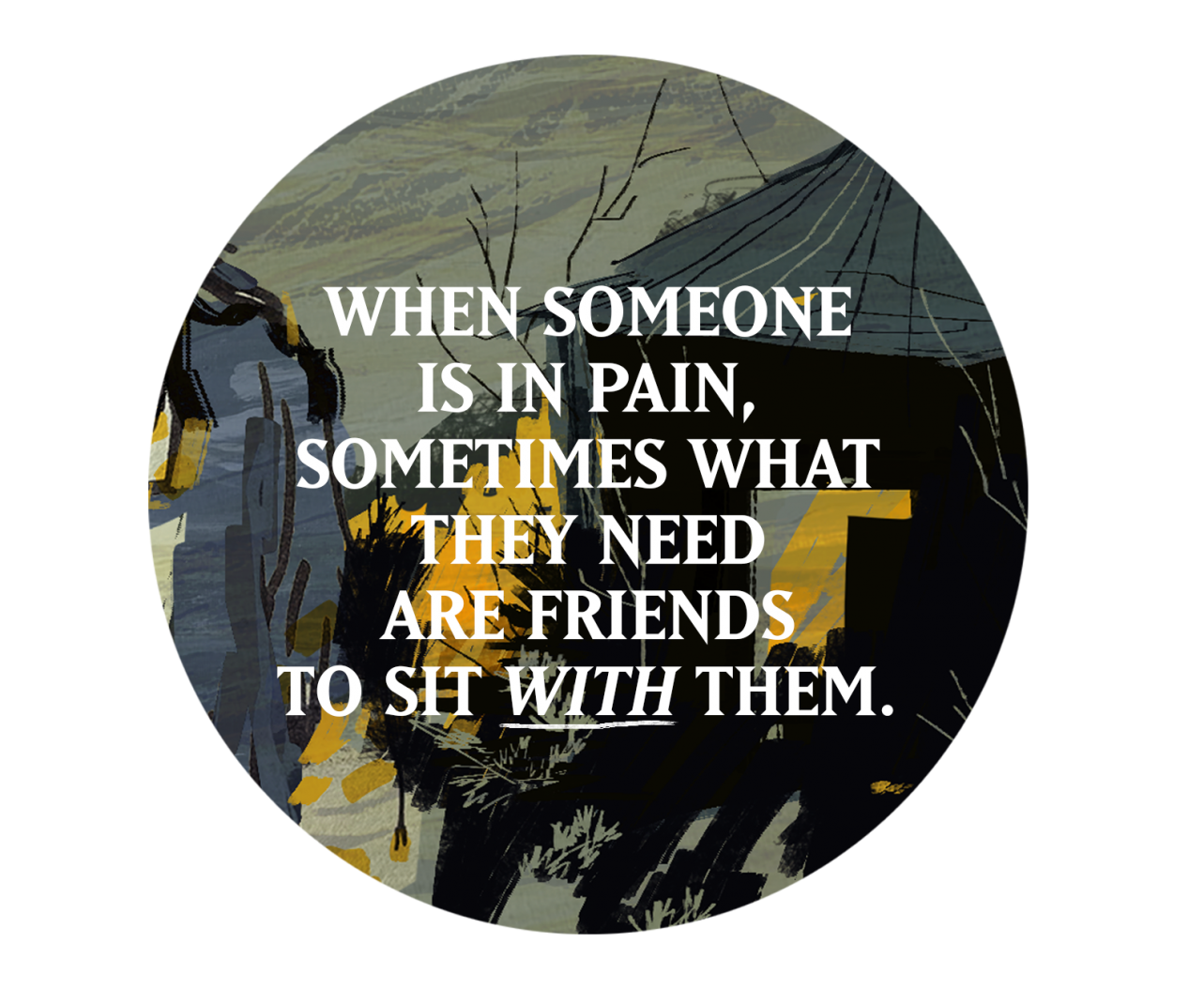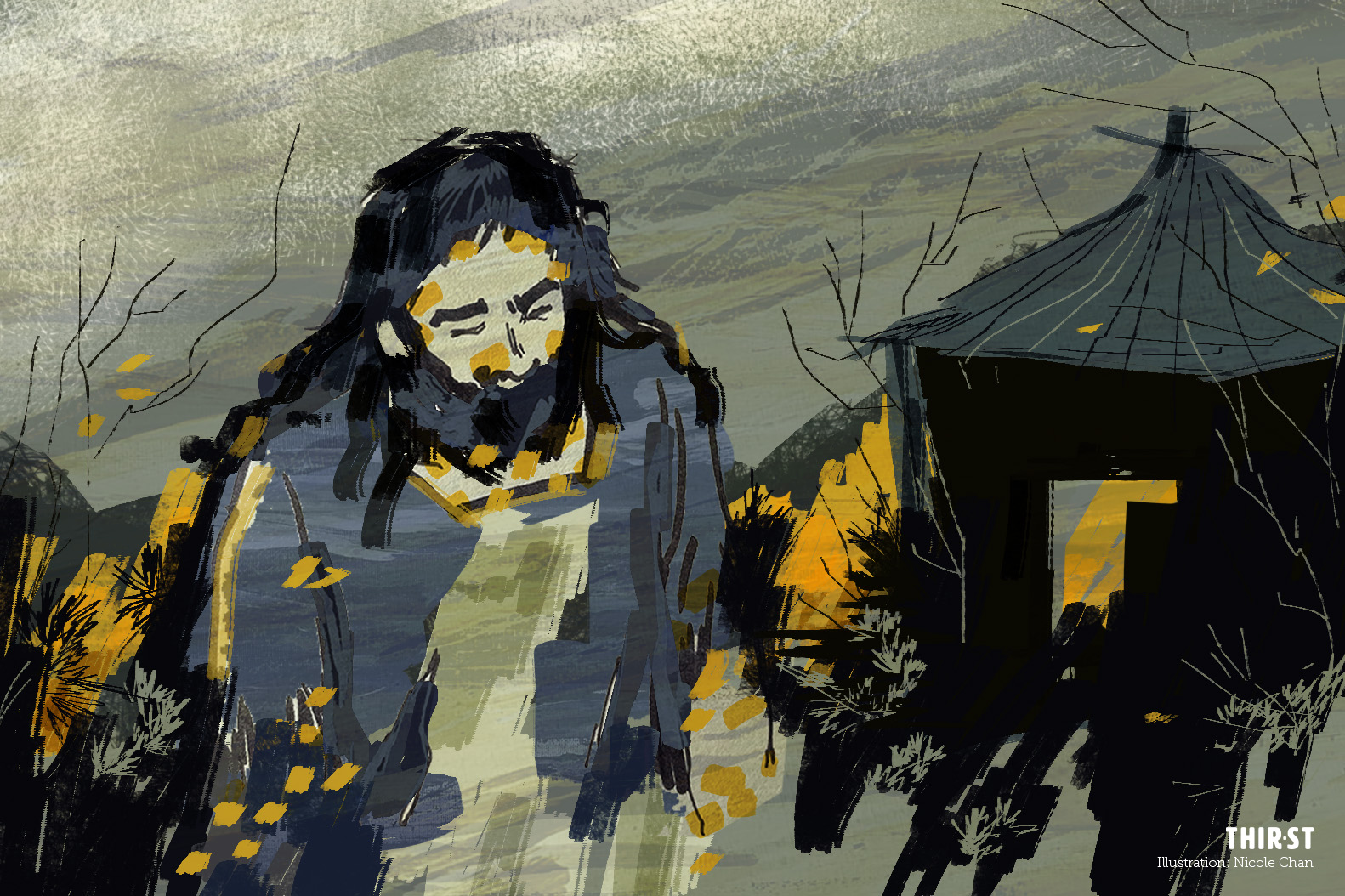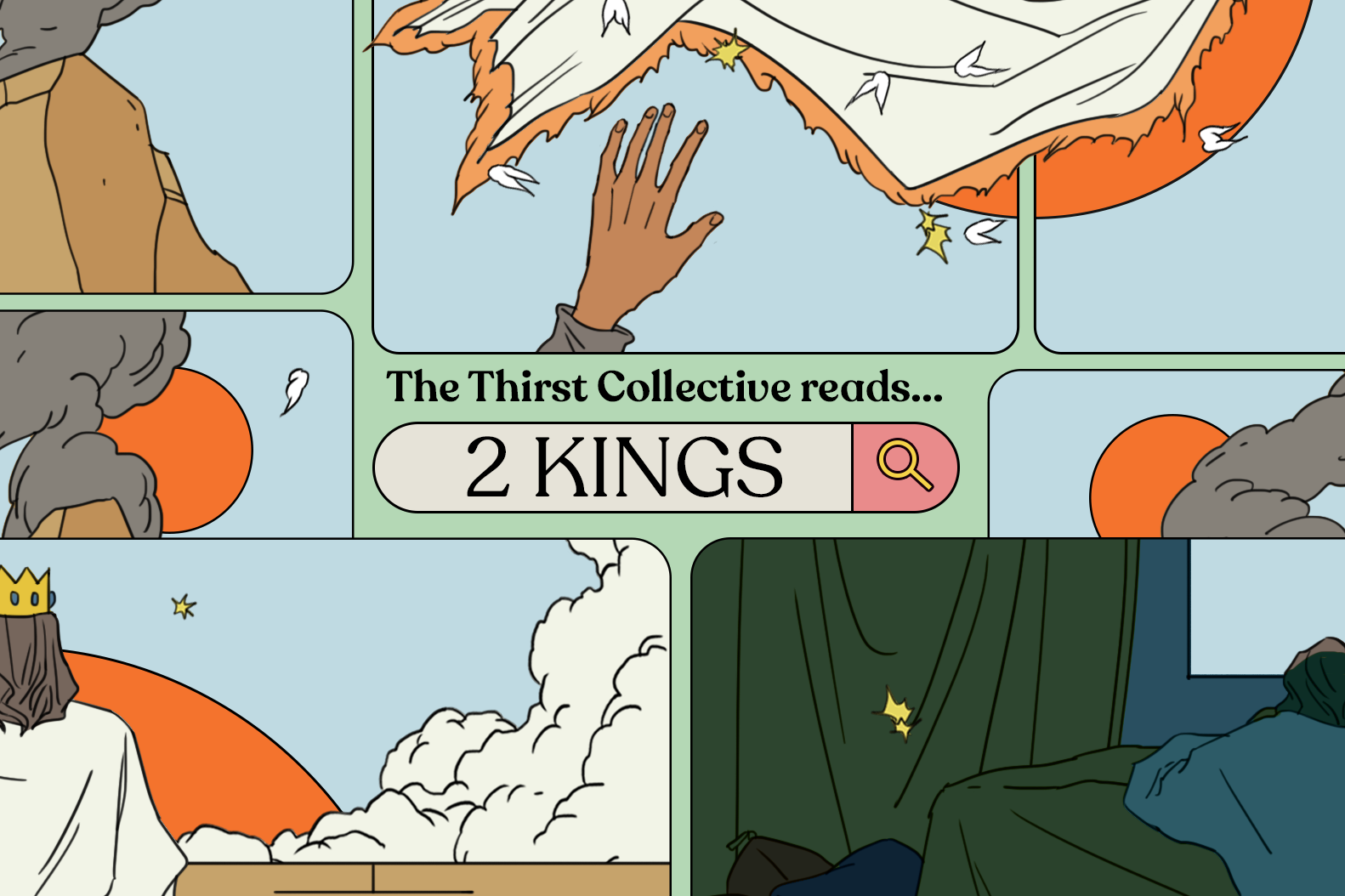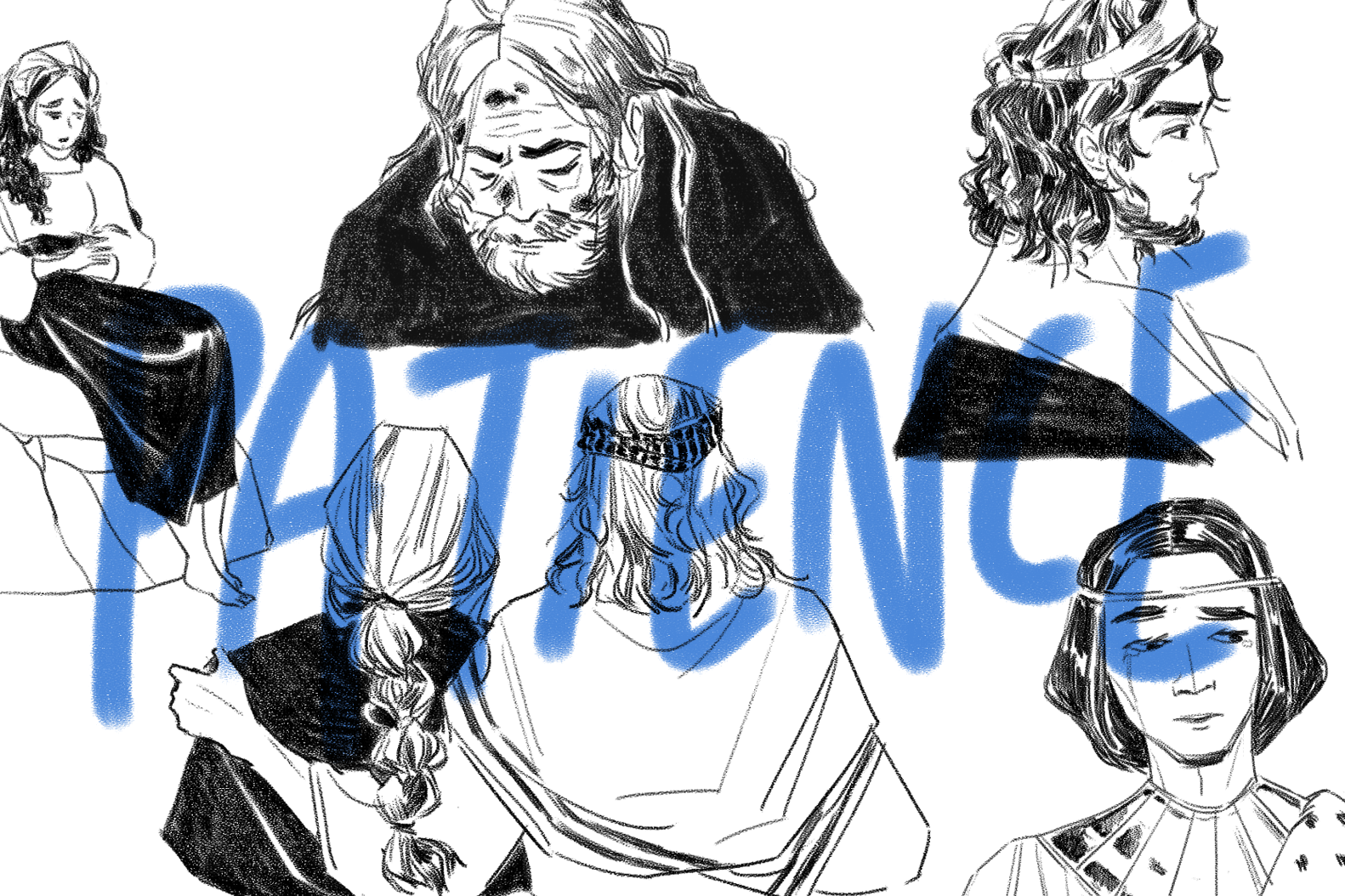“These are dark and terrible times for me (and the family). Asking for prayers…”
I saw the above posted on a friend’s Facebook page.
I private messaged him and found out that his family was indeed going through a very rough time.
This seems to be the kind of posts I am seeing a lot of these days.
The book of Job… is one of the wisdom books that are meant to help us navigate life in a world that is often unfair.
The COVID-19 pandemic has both inflicted and uncovered all sorts of brokenness.
This morning, my mind went to the book of Job again. It is one of the wisdom books that are meant to help us navigate life in a world that is often unfair.
If the books of the Law teach us what should be, the wisdom books teach us how to live when things don’t go according to plan. At least, on this side of heaven.
These are my six main takeaways from the book of Job.
6 TAKEAWAYS FROM THE BOOK OF JOB
1. This side of heaven, faithfully following God is no guarantee that you will be spared the pains of a broken world.
The book of Job takes pains to tell us that Job was “blameless and upright” (Job 1:1).
2. God always has a reason for what He does.
What happened to Job was a result of the exchange between God and the Adversary (Job 1:6-2:10).
God didn’t act arbitrarily and without reason.
3. He is not obliged to give you His reasons.
Throughout the book, Job is never told about the wager between God and the Adversary.
The human response to tragedy is to ask why.
Sometimes we are told not to ask why but to ask what, what we can learn from our pain.
However, there are times when both why and what will not be answered.
4. He is not a God who makes mistakes.
Job demands to see God because he believes that his suffering is unfair.
God finally shows up in the whirlwind. God doesn’t answer Job’s challenge but gives him a glimpse of His majesty.
The implied response from God: “Am I the kind of God who makes mistakes?”
5. Therefore we are to continue to trust Him even in the dark.
Job realised that his doubt was unwarranted and repents of his doubts (Job 42:1-6).
He continues to trust God even though there is no immediate change in his painful circumstances.
6. He will sort things out in the end.
God does sort things out in the end (Job 42:10-16); New Testament saints look forward to Revelation 21 and 22.
The Bible teaches us the truth, even hard truths.

In the words of Bruce K. Waltke:
“… God is freely creative and redemptive, beyond human understanding. His government transcends a simple calculus that rewards good and punishes evil. If God’s actions do not conform to earthlings’ understandings, that does not mean that he is dark and/or disinterested. He rules by containing darkness and wildness within a government that transcends human “wisdom,” not by eliminating it.” (Bruce K. Waltke, An Old Testament Theology)
It is so important that our lives are built on clear biblical convictions. But when someone is in pain, sometimes what they need are friends to sit with them.
“When Job’s three friends, Eliphaz the Temanite, Bildad the Shuhite and Zophar the Naamathite, heard about all the troubles that had come upon him, they set out from their homes and met together by agreement to go and sympathize with him and comfort him. When they saw him from a distance, they could hardly recognize him; they began to weep aloud, and they tore their robes and sprinkled dust on their heads. Then they sat on the ground with him for seven days and seven nights. No one said a word to him, because they saw how great his suffering was.” (Job 2:11-13)
Because of COVID-19, I couldn‘t travel to be with my friend. But I sat with him from afar with prayer.
These days we will have many opportunities to do this with and for each other.
This article was first published on Graceworks and has been adapted and republished with permission.
- What are your thoughts on suffering?
- What does the Bible say about suffering?
- What are some scriptures you can hold on to in times of suffering?
- Know someone who is facing suffering today? How can you sit with them today?










